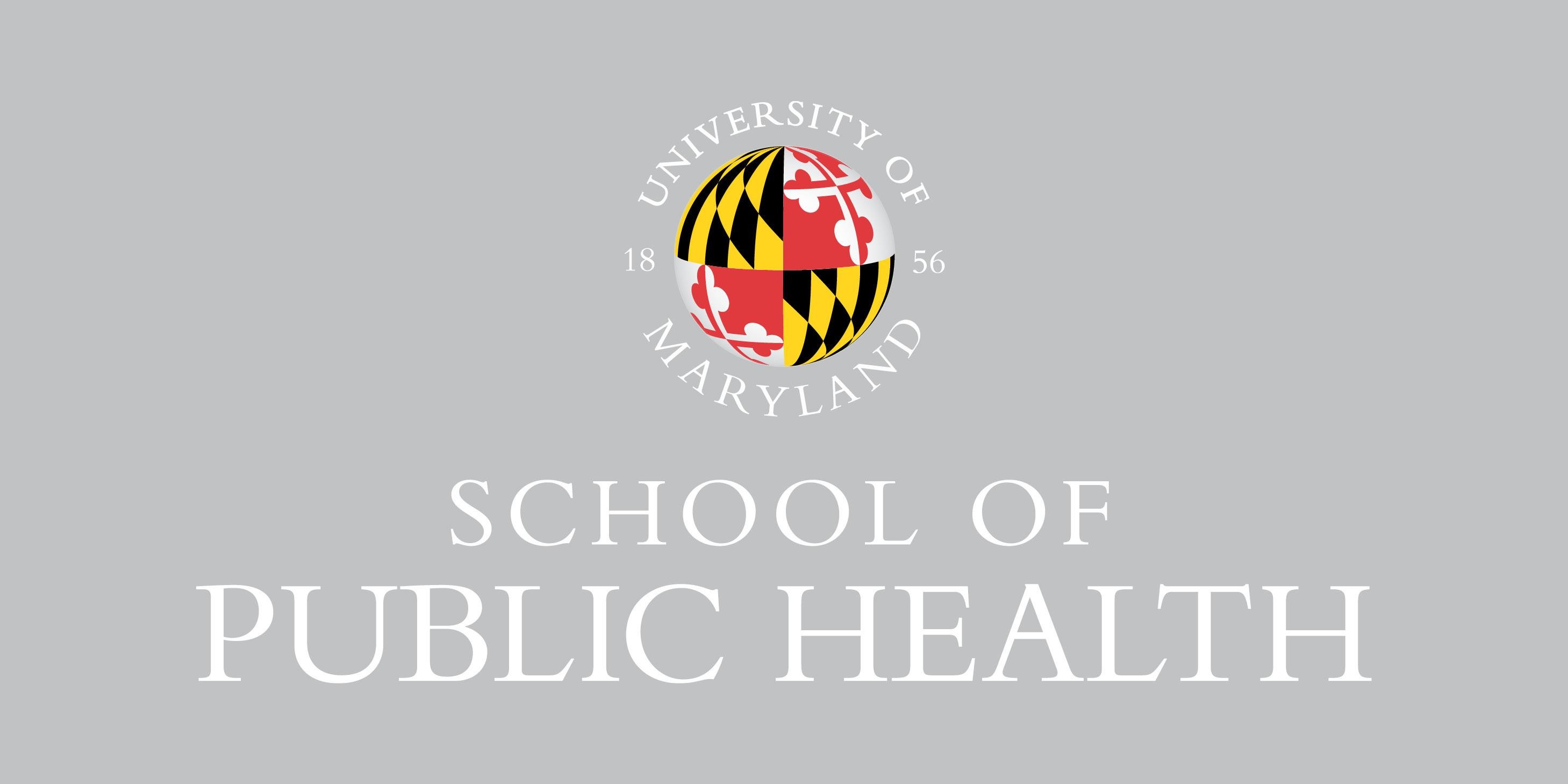
Doctoral students John P. Salerno (behavioral and community health) and Natasha D. Williams (family science) highlight the structural, social and individual-level challenges faced by LGBTQ persons in the context of COVID-19 and propose strategies to mitigate their psychological trauma in a commentary published in the Journal of the American Psychological Association. Both Salerno and Williams are research staff in the UMD Prevention Research Center (UMD-PRC).
In the commentary, Salerno and Williams note that LGBTQ persons may be overrepresented in the financial, employment and health-insurance-status ramifications of COVID-19.
They cite studies that show heightened mental health disparities among LGBTQ persons relative to their heterosexual, cisgender counterparts. These elevated disparities are related to social inequalities that are more prevalent in LGBTQ populations, including lack of access to health insurance and poverty.
Salerno and Williams explain that the psychological impact of trauma caused by the COVID-19 pandemic may exacerbate the mental health burden among LGBTQ persons (e.g., PTSD, anxiety, depression, suicidality). Orders to stay-at-home and physically distance, designed to slow the spread of COVID-19, present unique challenges to LGBTQ youth who may lack support and acceptance at home.
To mitigate this trauma, they maintain that “it is critical for mental health therapists, social services providers, employers, community-based organizations, schools and higher education institutions serving LGBTQ persons to move toward online delivery of services and modes of work and education to mitigate the mental health ramifications of COVID-19 psychological trauma and social isolation.”
Salerno and Williams also suggest that these institutions leverage social media to connect LGBTQ persons to trusted and affirming mental health resources, and more importantly, provide opportunities for human connection.
They assert that “Given the potential confining of LGBTQ young persons to abusive and traumatic environments, it is critical to provide attention to surveillance, reporting, and intervention of child abuse and domestic violence during and after the pandemic.”
The commentary was supported by awards from the National Institute of Mental Health, the National Institute on Minority Health and Health Disparities of the National Institutes of Health and the University of Maryland Prevention Research Center Cooperative Agreement from the Centers for Disease Control and Prevention.
Related Links: